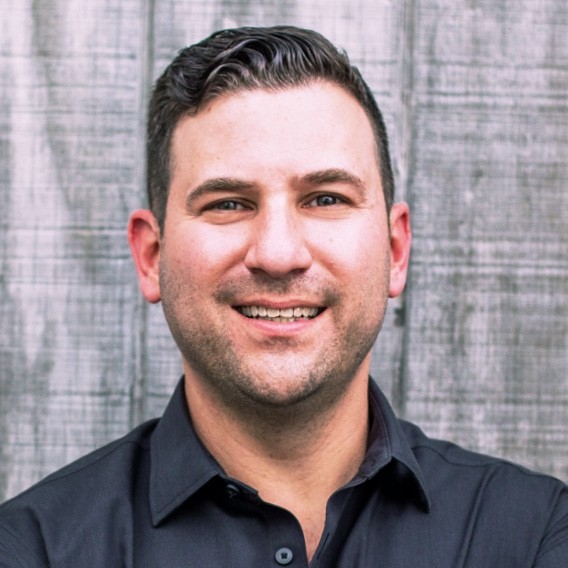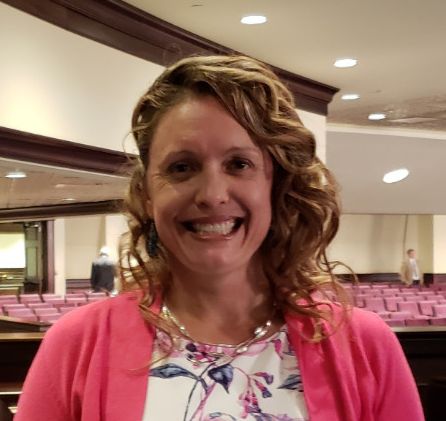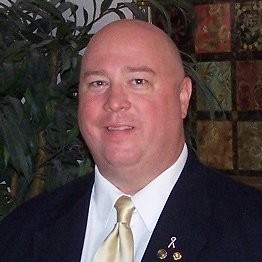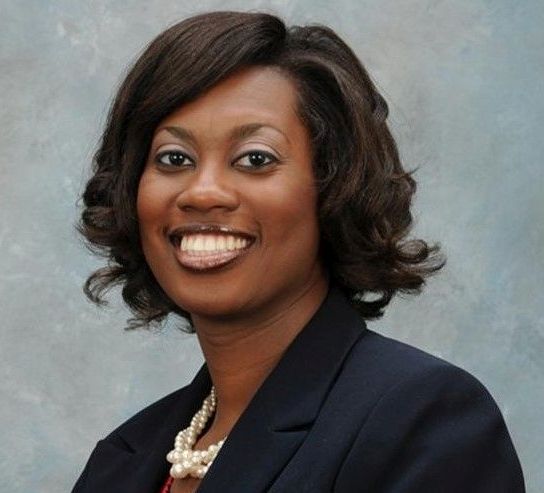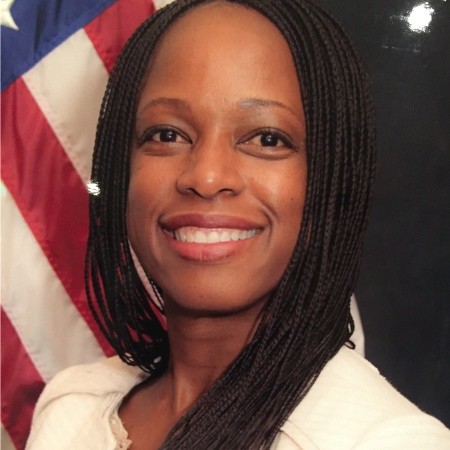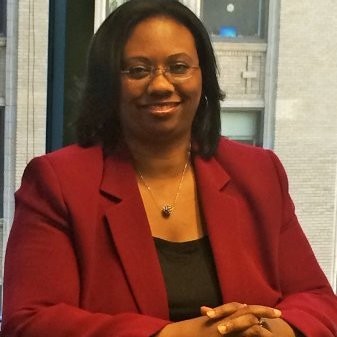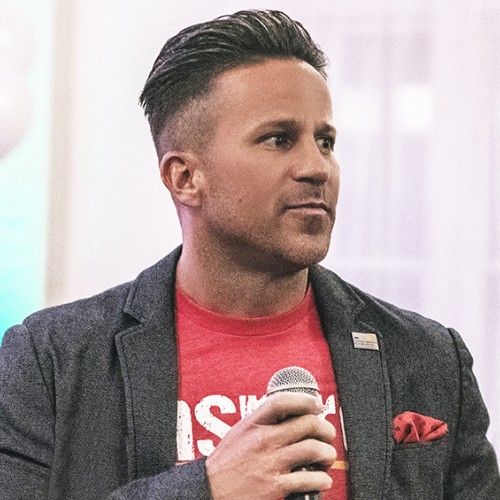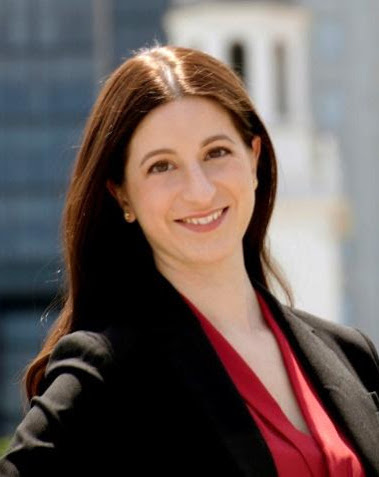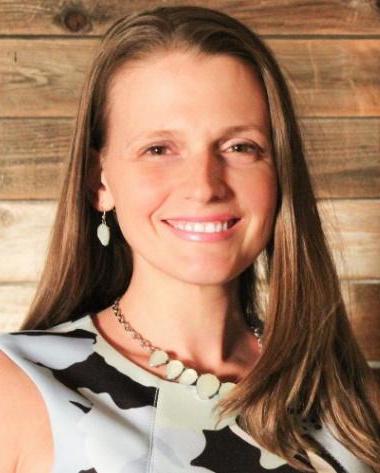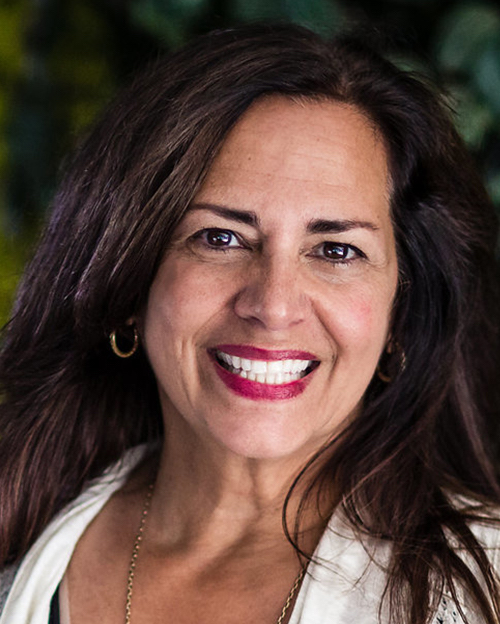by
Yvonne Heath
Thu 16 April 2020
'
During this video, we introduce the Ambition In Motion mentor program and then interview Yvonne Heath to discuss how college students and professionals can prepare for their first internship, as well as discuss Yvonne's professional experiences and mentor relationships. The host of this video is Ambition In Motion's founder, Garrett Mintz.
What is the purpose of an internship?
What is the purpose of a first job out of college?
How can somebody properly set their expectations so then they can anticipate what is to come from an internship or job? E.g. how can somebody minimize negative surprises from work?
How do you prepare for potentially stressful situations at work?
Does your work or your professional interests ever pull you in different directions? How do you stay on task and focused?
Who should I really make an effort to impress in the job?
Is it worth my time or effort to take on additional responsibilities even though they aren’t required of me?
Does it make sense for me to meet people outside of my cohort while in an internship or in my first job?
Do you have any stories of times in which somebody you met (can be in the workplace or outside of it), where you weren’t expecting anything, turned out to have amazing insight for you and/or really helped you out?
Is it important that you treat everyone you meet, especially in the workplace, with respect and kindness? E.g. have you ever known a situation where somebody who was lower than you, or somebody you knew, on the totem pole at one company, ended up rising up the ladder at another company really quickly and then you, or the person you knew, ended up working for them?
Is it important that your supervisor sees you being productive? If so, why is that important?
What is the purpose of an internship?
What is the purpose of a first job out of college?
How can somebody properly set their expectations so then they can anticipate what is to come from an internship or job? E.g. how can somebody minimize negative surprises from work?
How do you prepare for potentially stressful situations at work?
Does your work or your professional interests ever pull you in different directions? How do you stay on task and focused?
Who should I really make an effort to impress in the job?
Is it worth my time or effort to take on additional responsibilities even though they aren’t required of me?
Does it make sense for me to meet people outside of my cohort while in an internship or in my first job?
Do you have any stories of times in which somebody you met (can be in the workplace or outside of it), where you weren’t expecting anything, turned out to have amazing insight for you and/or really helped you out?
Is it important that you treat everyone you meet, especially in the workplace, with respect and kindness? E.g. have you ever known a situation where somebody who was lower than you, or somebody you knew, on the totem pole at one company, ended up rising up the ladder at another company really quickly and then you, or the person you knew, ended up working for them?
Is it important that your supervisor sees you being productive? If so, why is that important?





